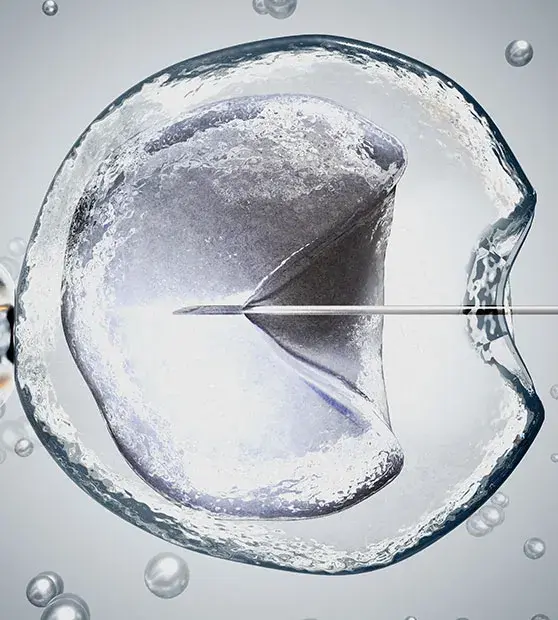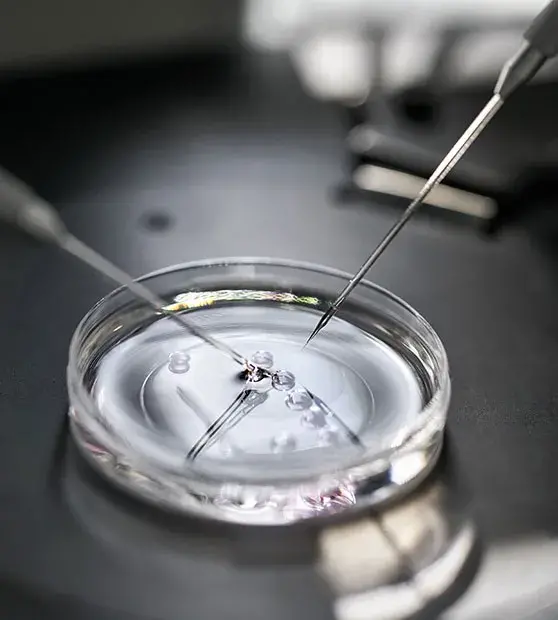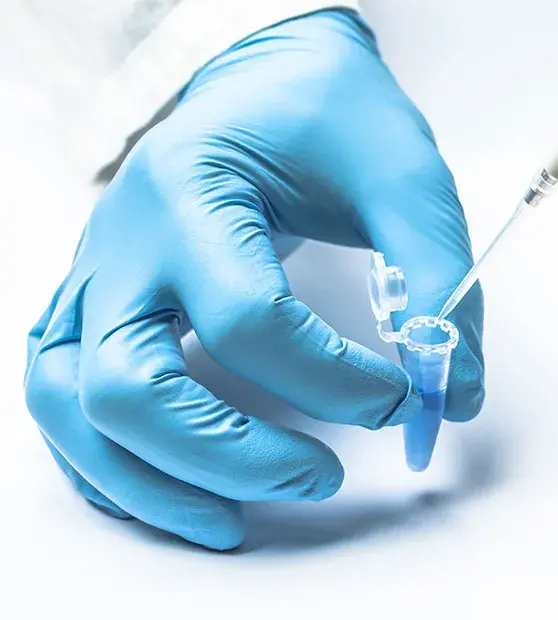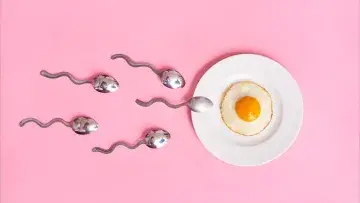Azoospermia
Azoospermia is the absence of sperm cells in the ejaculate regardless of regular spermatogenesis. It is a common cause of infertility in males and affects roughly 1% of the male population. Out of it, approximately 60% NOA & 40% OA. This condition makes the semen less fertile or sometimes sterile.
What are the factors that cause this condition?
Obstructive azoospermia can occur due to multiple reasons. The condition may develop in males with:
- A history of Vasectomy.
- Blockage in the ejaculatory ducts or ejaculation.
- Infectious Testicles or Epididymis.
- Absence of Epididymis / Vas Deference since birth (a tube that stores and transfers the sperm).
What are the signs of Obstructive Azoospermia?
Generally, no noticeable symptoms of obstructive azoospermia are observed. However, there are two major indicators of the condition, including:
- Difficulty in the production of sperm.
- Blockage in the ducts, leading to an obstructed ejaculation.
What is the effect of obstructive azoospermia on fertility or conception?
A male with the problem of obstructive azoospermia is incapable of producing sufficient sperms. This makes the natural conception process very difficult. However, regardless of this low sperm count, successful retrieval of the healthy sperms can be done from the testis or epididymis. And then, these sperms can be utilized for IVF or other procedures.
What are the diagnostic tests employed?
- Physical assessment: It may help in diagnosing the inappropriate testicle structure. Not only testicle, but it also diagnoses the structure of epididymis and other ducts.
- Imaging test: Prostate and Scrotum Ultrasound tests are great approaches to detect any problems or abnormalities in males.
- Clinical tests: These can be done to identify the levels of Testosterone and Follicle-Stimulating Hormone. These hormones have a direct impact on sperm levels.
How to treat this condition?
Depending upon the patient’s condition, two types of procedures can be done to treat obstructive azoospermia:
- Vaso-vasostomy/ vaso-epididymostomy: In this, a small incision is made in the testes. This is done to clear the barrier in the vas deference/ epididymal tube. This tube plays a key role in sperm transport to the testes.
- Transurethral Resection of the Ejaculatory Duct (TURED): A small incision is made in the testes to clear hindrance in the ejaculatory duct. This duct is majorly accountable for the ejection of the sperm into the vagina.





